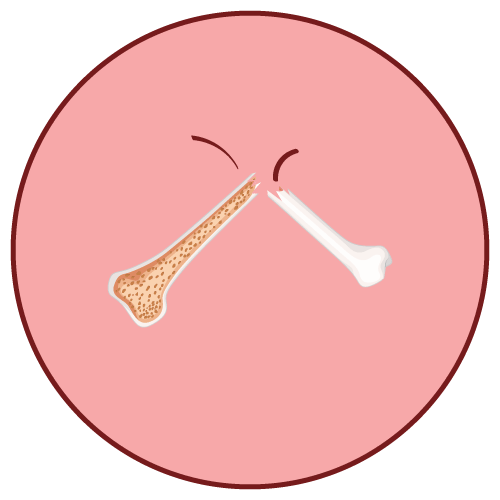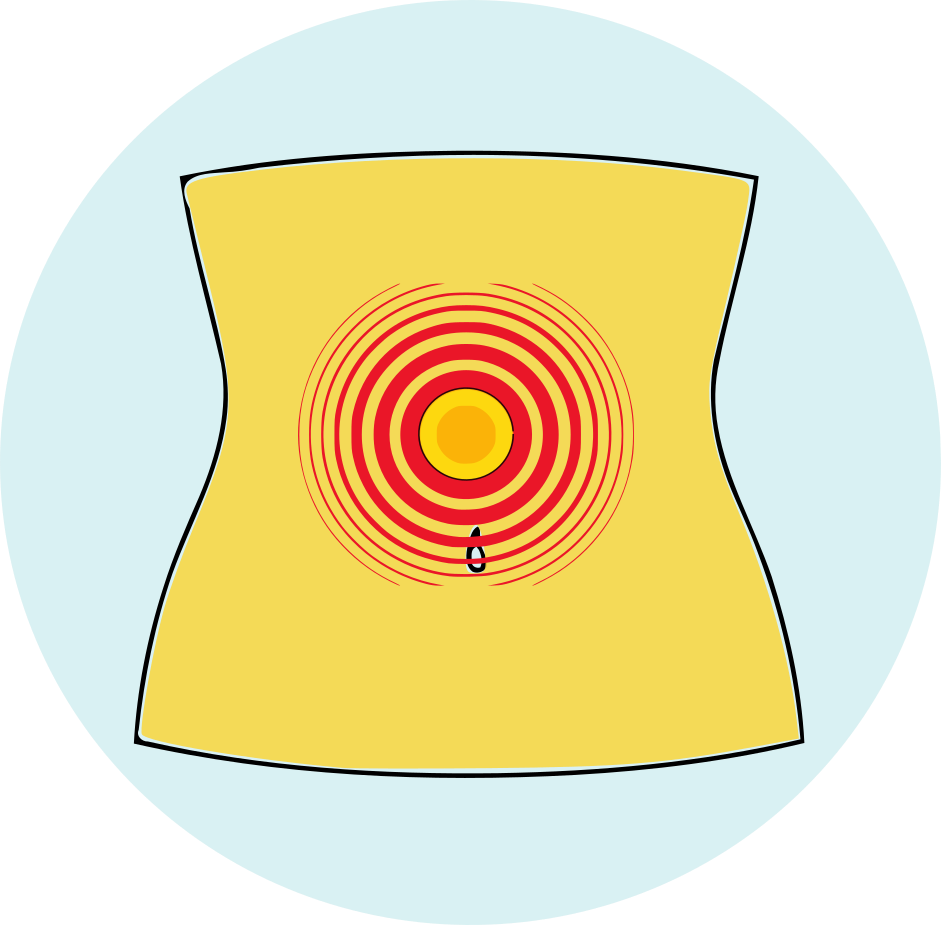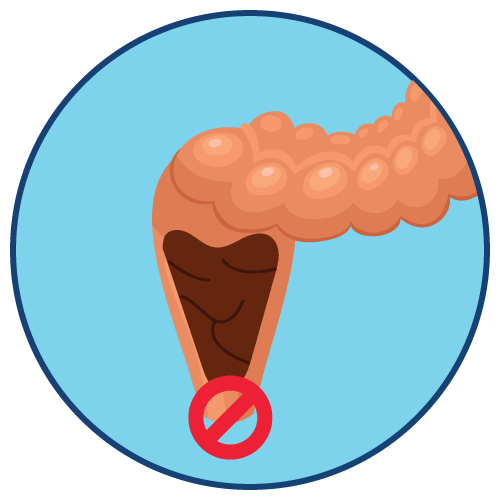| Name | Calcium Orotate |
| Classes |
Chelating Agent |
| Diseases |
Bone Loss Hormonal Disorder Hypoparathyroidism Tetanus Weak Bone |
Calcium Orotate
Calcium orotate is a mineral supplement that provides calcium in the form of orotate, a chelating agent. Calcium orotate helps in the delivery of calcium ions to the body. Orotic acid acts as a carrier for calcium, facilitating its absorption and utilization by the cells.
- Calcium orotate is indicated as a dietary supplement to support calcium intake and maintain healthy calcium levels in the body.
- It is used to help prevent or treat calcium deficiencies and may be recommended for individuals with inadequate dietary calcium intake, osteoporosis, or conditions that require additional calcium supplementation.
As an addition to the daily diet, 2-3 tablets are usually recommended with meal Or, as directed by the registered physician. Each tablet contains 400 mg of calcium orotate.
- Gastrointestinal disturbances: Mild gastrointestinal side effects may occur, including stomach discomfort, bloating, constipation, or diarrhea. These symptoms are usually temporary and resolve with continued use.
- Hypercalcemia: Excessive intake of calcium orotate may lead to hypercalcemia, characterized by symptoms such as nausea, vomiting, excessive thirst, increased urination, confusion, muscle weakness, and cardiac arrhythmias. High doses or prolonged use may increase the risk of hypercalcemia.
- Allergic reactions: Rarely, individuals may experience allergic reactions to calcium orotate, such as rash, itching, swelling, or difficulty breathing. If any allergic symptoms occur, discontinue use and seek medical attention.
- Calcium levels monitoring: Individuals with certain medical conditions, such as hypercalcemia, hyperparathyroidism, kidney disease, or sarcoidosis, should have their calcium levels monitored regularly while taking calcium orotate.
- Interactions with other medications: Calcium orotate may interact with certain medications, including bisphosphonates, thiazide diuretics, and calcium channel blockers. Consult a healthcare professional if you are taking any other medications to check for potential interactions.
- Avoid excessive intake: Do not exceed the recommended dosage of calcium orotate unless directed by a healthcare professional. Excessive calcium intake can lead to adverse effects, including the risk of hypercalcemia.
- Dietary considerations: Calcium orotate is a supplement and should not replace a well-balanced diet. Adequate intake of dietary calcium from food sources should also be considered to maintain overall calcium balance.
- Pregnancy and breastfeeding: Pregnant or breastfeeding women should consult a healthcare professional before using calcium orotate to determine the appropriate dosage and ensure safety for both the mother and baby.
Contraindication
Iindividuals with known hypersensitivity or allergies to calcium supplements or orotic acid should avoid using calcium orotate.
None known.
None known.
 Bangla
Bangla English
English




